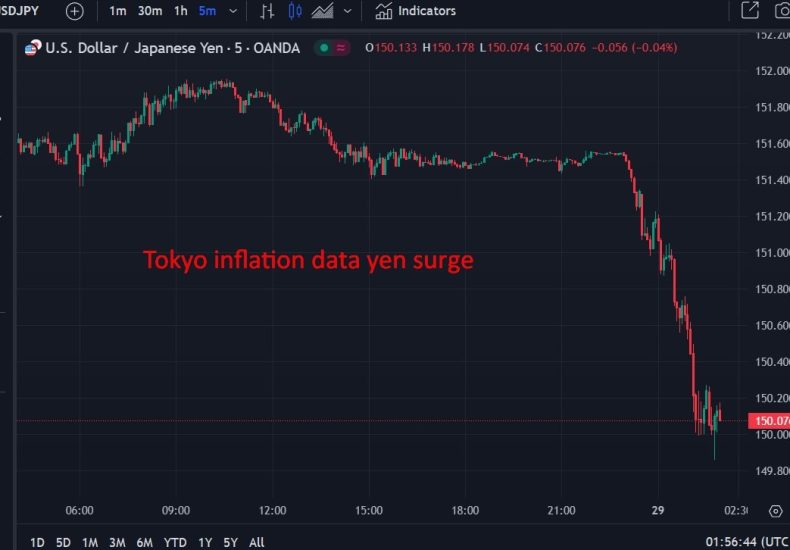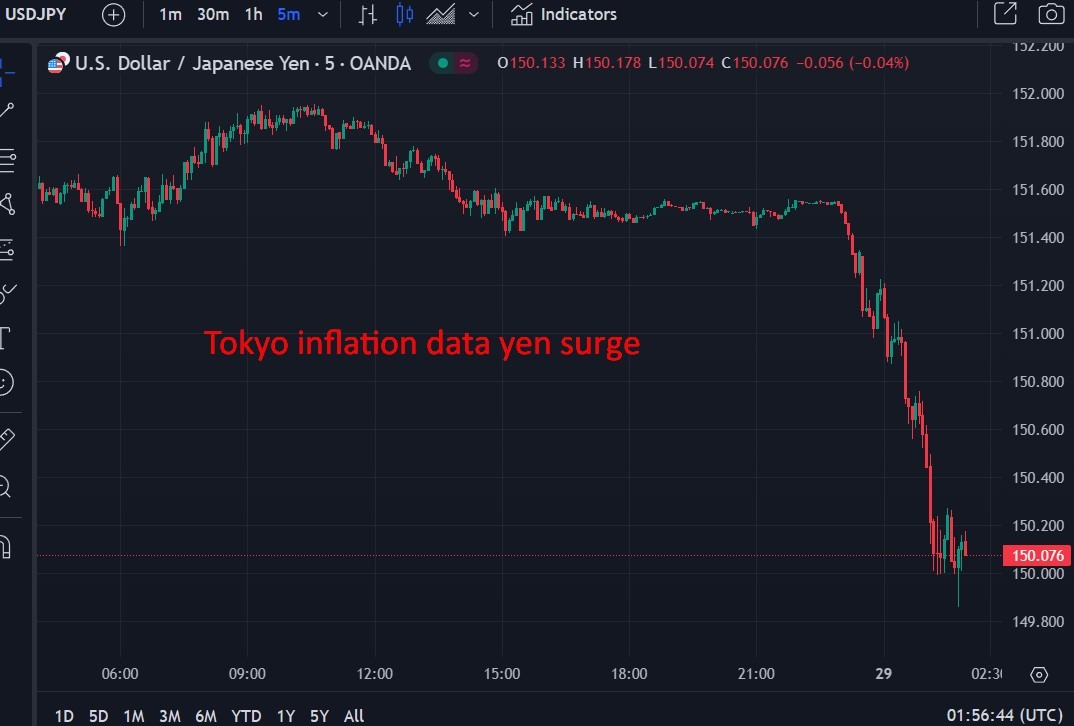
Tokyo Sees Surge in Inflation: What It Means for the Economy
Introduction: Tokyo’s Inflation Acceleration and Economic Impact

In recent months, Tokyo has experienced a notable acceleration in inflation. Prices are rising faster than expected, creating significant challenges for consumers and businesses. This surge in inflation has put a strain on household budgets and is affecting the broader economy. But what is driving this change, and what does it mean for the future of Tokyo’s economy?
Understanding Tokyo’s Inflation Surge
Inflation in Tokyo has been accelerating due to several factors. Supply chain disruptions, rising energy costs, and increased demand for goods have all contributed to the surge in prices. The Bank of Japan’s policies, aimed at stimulating growth, have also played a role. These factors together have led to a sharp increase in the cost of living, affecting everything from food prices to housing costs.
Consumer Spending and Daily Life
As inflation accelerates, consumer spending in Tokyo has been hit hard. Households are feeling the pinch as the prices of everyday items rise. Essentials like food, transportation, and utilities have seen the most significant price increases. Many residents are adjusting their spending habits, cutting back on non-essential purchases to cope with the higher costs.
For businesses, rising input costs are leading to higher prices for goods and services. This inflationary pressure could affect demand as consumers reduce their spending. The resulting economic slowdown is causing uncertainty in Tokyo’s retail and service sectors.
How Tokyo’s Inflation Affects the Broader Economy
Tokyo is Japan’s economic powerhouse, and inflation here has broader implications for the national economy. A rise in prices in Tokyo can influence inflation rates across the entire country. The Japanese government is concerned about the long-term effects of inflation on purchasing power and economic stability.
In response, policymakers may look to adjust monetary policies. However, the Bank of Japan has faced challenges in managing inflation while maintaining low interest rates to support growth. The government’s fiscal policies may also be tested as it seeks to balance inflation control with economic recovery efforts.
What Does This Mean for Tokyo’s Future?
Tokyo’s inflation acceleration may lead to changes in both short- and long-term economic trends. The immediate effects are evident in higher living costs and reduced consumer confidence. However, how the government and central bank respond will determine whether inflation continues to accelerate or if it can be brought under control.
If inflation continues to rise, it could trigger wage growth as workers demand higher pay to keep up with the cost of living. On the other hand, if inflation slows, Tokyo might see a return to more stable economic conditions, which would ease the burden on households and businesses.
Conclusion: Navigating the Rising Inflation in Tokyo
Tokyo’s inflation acceleration is a complex issue with significant economic consequences. While rising prices create challenges for consumers and businesses alike, there are opportunities for growth if the right policies are implemented. As Tokyo grapples with these inflationary pressures, both residents and policymakers must adapt to the changing economic landscape. The future will depend on how well the city can manage these rising costs while ensuring economic stability and growth.